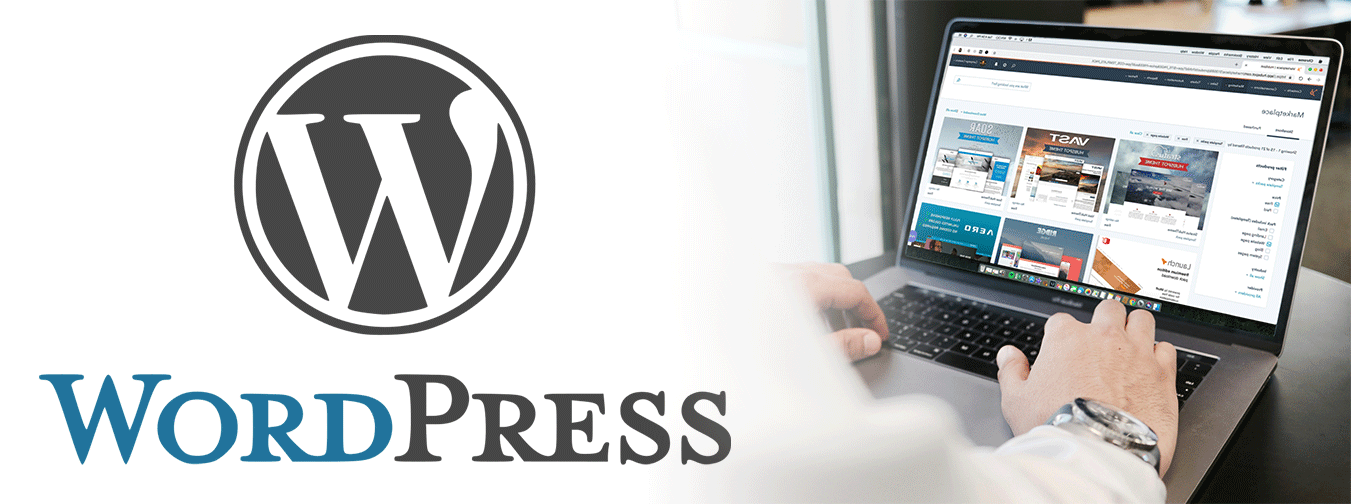What we do in this class:
A WordPress instructor plays a crucial role in guiding students through the learning process and ensuring they gain a comprehensive understanding of WordPress and its functionalities. Here’s what a WordPress instructor typically does in class:
Demonstrating Techniques: The instructor demonstrates how to perform various tasks within WordPress, such as installing themes and plugins, creating posts and pages, customizing site settings, etc. These demonstrations help students understand the practical aspects of using WordPress.
Providing Guidance: The instructor offers guidance and assistance to students as they work on hands-on exercises or projects. This may involve answering questions, providing clarifications, and offering troubleshooting assistance when students encounter difficulties.
Assigning and Reviewing Assignments: The instructor assigns homework or projects to reinforce learning and assess students’ understanding. They also provide feedback and review students’ work to help them improve their skills.
Offering Additional Resources: The instructor may provide supplementary resources such as readings, tutorials, online courses, or recommended plugins and themes to help students further their understanding of WordPress.
Keeping Up-to-Date: The instructor stays informed about the latest developments in WordPress, including updates to the core software, new plugins and themes, and emerging trends in web design and development. They incorporate this knowledge into their teaching to ensure students receive current and relevant information.
Overall, the WordPress instructor plays a multifaceted role in guiding students through their learning experience, providing support, encouragement, and expertise to help them become proficient in using WordPress effectively.
Schedule
Trainer
Mohsin Arfan
WordPress Trainer



